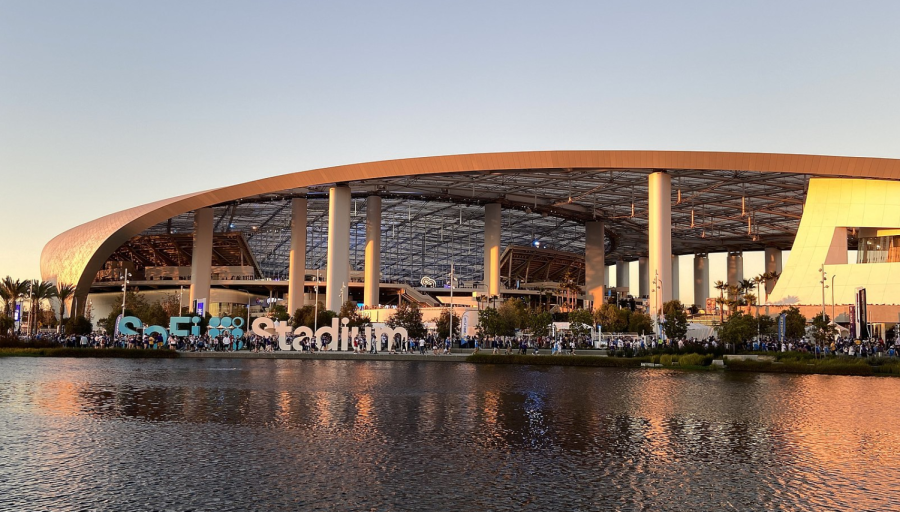“Eras Tour” Highlights a Need for Ticket-Sales Reform
“I got this music, in my mind sayin’ it’s gonna be alright,” said Taylor Swift, even though many fans are disappointed over the Eras Tour ticket sales outcomes.
January 26, 2023
In November 2022, pre-sale tickets went on sale for Taylor Swift’s upcoming “Eras Tour” through concert giant Ticketmaster. Although the pop star is headlining sports arenas that on average hold over 50,000 people—and added seventeen new dates to her lineup—tickets at many venues sold out in a matter of minutes. Ticketmaster crashed for east-coasters, postponing west coast sales.
Soon after, Ticketmaster began receiving backlash for allowing resellers and bots into the waiting room, that the number of codes sent out was not proportional to the amount of available tickets, and for the cancellation of the general sale due to a lack of remaining tickets.
Ticketmaster is a monopoly, because it’s the largest ticketing services company in the world. Swifties are currently suing the company, based on the grounds that they could have prepared for the monstrous online traffic and managed the circumstances in a more efficient way, with resellers selling tickets for thousands of dollars more than they were purchased for. Some seats are going for tens of thousands of dollars, and devoted fans are the subjects of price gouging.
Months later, the effects of these sales are still being felt by Swifties, and poses the question of why concert tickets are so difficult to purchase. According to Time, ticket prices have increased due to more elaborate sets and productions. Furthermore, processing and servicing fees can be up to 78% of the cost of the actual ticket.
Before buying tickets to the Eras Tour, I had never felt pressure to purchase tickets. I was able to buy the highly-coveted admission last November, but have since felt the consequences of ticketing monopolies. Scoring tickets for Gracie Abrams’ “Good Riddance” tour proved to be disappointing, even though two of my friends were also in the waiting room on two devices each. With tiny venues, and scalpers waiting to buy tickets and put them up for ridiculous prices for resale, we were unable to get our tickets. However, not even ten minutes after the shows sold out, resale tickets were available online for nearly triple their original price.
“I was really looking forward to seeing Gracie Abrams with my friends but I’m disappointed that tickets sold out extremely fast and we had no chance to get them,” said Castaic senior Emily Cammarata.
Some fans are at resellers’ mercies, opting to pay high prices in order to see their music icons. Many tours are being advertised on StubHub or Seat Geek, for artists such as Gracie Abrams or SZA’s highly-anticipated shows for her new album “SOS.”
So, is the solution for artists to better prepare for ticket sales? They could book larger venues, add more tour dates, or even implement a fan-verification system. Or, should ticketing companies such as Ticketmaster be held accountable, and work towards weeding out resellers?
“Call It What You Want,” but these tickets are becoming harder and harder to get!



